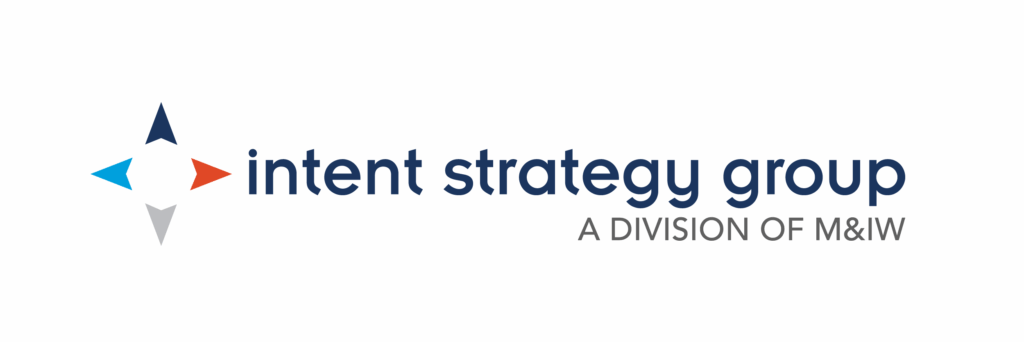Six Benefits of Employee Engagement and Retention
Anyone who’s been in business or sales long enough has seen firsthand that it’s much more cost effective to retain customers than to find new ones, and the same is true of a company’s most valuable assets: its employees. In my last blog post, I explored the modern landscape of employee engagement and retention, sharing what today’s job seekers look for and how you can start implementing best practices.
Now, I’m diving deeper into the real-world benefits of a strategic employee retention program. It starts at the personal level by keeping your team satisfied and engaged, but this leads to many other benefits such as increasing your bottom line, improving processes, and so much more. Here are the top six benefits of employee engagement and retention.
1. Higher Employee Morale
If you have a lot of long-tenured employees, it’s a good bet you have a great work culture. Employees will not stick around long if they find themselves dreading their workday. Happy, fulfilled employees can be contagious by helping new associates overcome any nerves or challenges that come with starting a new job. Also, the longer people work together, the better they can get to know each other’s personalities, working preferences, and strengths. This leads to better teamwork and collaboration in the workplace and will ultimately result in increased job satisfaction.
Greater employee morale and job satisfaction directly contributes to the next benefit:
2. Increased Employee Loyalty
Simple practices such as a timely thank you note from the boss, the acknowledgement of a birthday or other milestone event, or recognition by a peer can put an employee on cloud nine and inspire them to work even harder. Think about it: If no one from your company wishes you a happy birthday, don’t you feel a little bit forgotten? That’s the opposite of what you want your employees to feel; they should know that you care and are invested in them personally and professionally. Showing that you care also leads to employees caring more about the organization and their work. That increased loyalty usually translates to willingness to take on extra projects, mentor newer associates, and tackle new challenges.
With a high level of loyalty, employees are more likely to stay with the company longer, leading to the next benefit:
3. A More Skilled Workforce
It almost goes without saying, but I’ll say it anyway: The more tenured your employees are, the more skilled and efficient they will be. This results in a faster, more accurate delivery of services and products to your customers with fewer mistakes, and who doesn’t want that? Even when problems do arise, a team with years of experience and a deeper skillset can resolve them more efficiently than a newer team because they have firsthand knowledge of similar situations.
Your skilled workforce will also mean that there’s not as much of a need for constant training of replacements, which is the next benefit of employee engagement and retention:
4. Reduced Training Time
Let’s be real: Most companies do not have large teams dedicated to teaching new employees the tricks of the trade. HR teams can train employees on the basic company policies, but administrative and job-specific training generally falls on the shoulders of an overworked manager. Focusing on retention not only means you don’t have to hire as often so there’s less time spent training, but it also means that when you do have new hires, you have an existing pool of highly skilled workers to assist with training. Freeing managers from constant training allows them to spend more time improving processes, closing deals, and working directly with customers.
More time to build customer relationships contributes to the next benefit:
5. Deeper Customer Relationships
All clients and customers come with unique challenges and opportunities, but there’s one universal truth: They do not like changing who they work with within an organization. It takes time to build rapport and trust in business, and no matter how good the new contact is, they will have to start from the ground up. Not only do longstanding relationships benefit your customers, but they can also result in more revenue and greater profits for your organization. Once a relationship is established and nurtured, it becomes much easier to expand your offerings and continue the partnership long-term.
Longtime clients and customers make great brand ambassadors, which connects to the next benefit:
6. Better Brand Reputation
Brand ambassadors are trusted sources of information and promote products and services authentically, which helps expand your reach, grow your business, and improve your reputation. When customers receive quality, reliable service from a skilled team with whom they have a successful, longstanding relationship, they are more likely to spread the word about their positive experiences both online and in person. This helps attract new customers and clients to your organization. The same is true of employees: happy, fulfilled employees share how much they like their job. Companies with high turnover rates may be hard-pressed to find new applicants, but job seekers who know that your workforce consists of satisfied, long-term employees will want to join your team when openings arise due to that positive reputation.
The End Result and Next Steps
These benefits of a strategic employee engagement and retention program ultimately result in one indisputable benefit: greater profitability. When both your employees and your bottom line are satisfied, that’s a win-win!
Now that you know why you should commit to employee engagement and retention, let us help with the how. M&IW’s experts can help you craft a custom employee engagement and retention program that meets your unique needs. Contact us to learn more and get started today.


